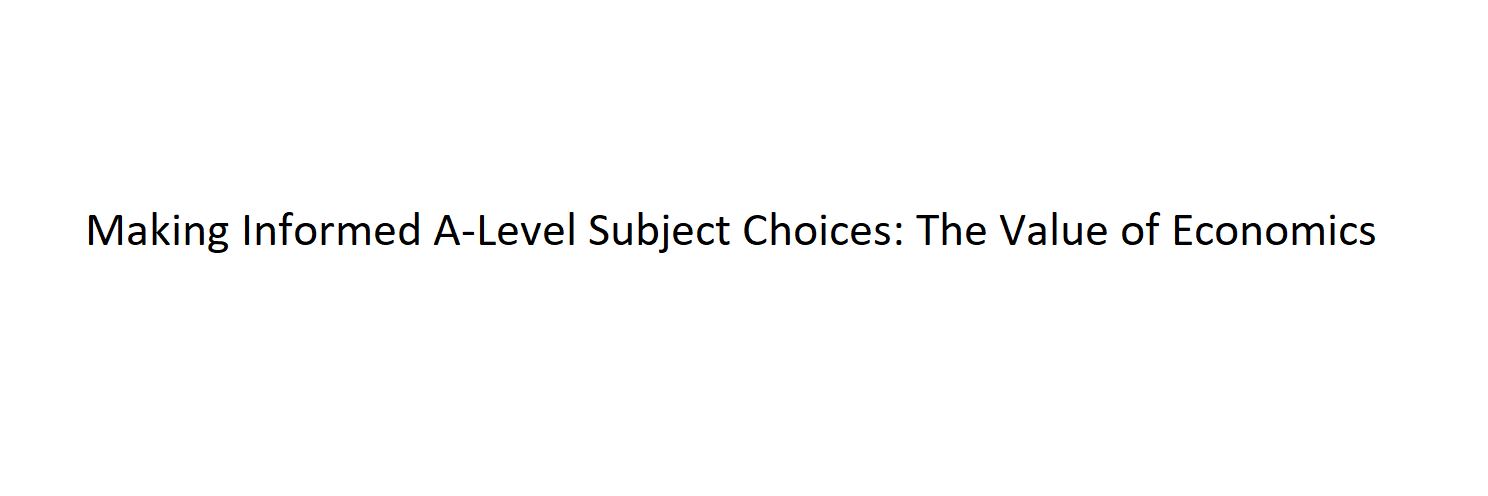25 Oct Navigating Economics with Precision: Choosing the Ideal Economics Guidebook
When it comes to acing your Economics examination, having the right tools at your disposal can be a pivotal factor in your success. This article will delve into the significance of selecting the perfect economics guidebook and provide you with valuable insights on how to make the most prudent choice. By the time you finish reading, you will be well-equipped to select an economics book that will bolster your preparation and enhance your prospects of excelling in your Economics examination.
The Crucial Role of an Exceptional Economics Guidebook
In your pursuit of excellence in Economics, a well-crafted guidebook is an invaluable companion, second only to dedicated economics tuition. While professional guidance is instrumental, the comprehensive knowledge and structured approach that a guidebook offers can be the bedrock of your preparation. It serves a multitude of vital roles in your academic journey:
- Syllabus Roadmap: One of the fundamental functions of an economics guidebook is to serve as a syllabus guide. It provides a clear and organized list of all the topics you need to master, facilitating a systematic approach to your studies. This sequential progression, from foundational concepts to more intricate topics, ensures that you build a strong foundation.
- Time Efficiency: A well-compiled economics guidebook is a time-saving asset. Instead of sourcing numerous reference books, you can find all the essential material within a single, well-structured guide. This consolidation minimizes the hassle of navigating through an array of resources, streamlining your study process.
- Self-Assessment Resources: An excellent economics guidebook offers a suite of examination questions that are pertinent and tailored for self-assessment. These questions span various formats, including case studies and essays, designed to test your application of economics concepts. This self-assessment process is essential in gauging your progress and identifying areas that require further attention.
- Real-World Preparedness: Economics, as a subject, is inherently practical. The concepts you learn are not confined to examination halls; they hold relevance in real-world decision-making. A well-structured economics guidebook not only equips you with the knowledge needed for exams but also imparts insights that are readily applicable to real-life scenarios post-graduation.
Selecting the Ideal Economics Guidebook: Key Considerations
As you navigate the myriad of economics books available, it’s essential to make an informed choice that aligns with your specific needs. Here are the key factors to consider when selecting the perfect economics guidebook:
- Syllabus Alignment: The cornerstone of a suitable guidebook is its alignment with your examination syllabus. Ensure that the book is precisely tailored to the latest MOE economics examination syllabus. This alignment is crucial for your comprehensive preparation.
- Assess Your Proficiency Level: Before making a selection, assess your proficiency level. Choosing an advanced guidebook as a beginner may lead to difficulties, while opting for an introductory-level book when you already possess foundational knowledge could hinder your progress.
- Author Reputation: While not a strict requirement, it’s advantageous to select a guidebook authored by someone with a reputable track record. Experienced authors are well-versed in creating content that resonates with students. Additionally, different authors may offer distinct writing styles, ensuring a diversified learning experience.
- Local Availability: Convenience should also guide your selection. Opt for guidebooks that are readily available locally to avoid unnecessary shipping fees. Locally available guidebooks often offer insights specific to the local economy, enhancing their relevance.
- Chapter Organization: The organization of chapters within the guidebook plays a pivotal role in the quality of your revision. Ensure that chapters progress logically from fundamental concepts to more advanced topics. Each central concept should have its dedicated chapter to facilitate effective learning.
- Vocabulary Lists: Given the prevalence of specific terminology in economics, an ideal guidebook should include a comprehensive vocabulary list at the end. This list aids in understanding complex terms that may not be readily defined within the chapters.
The Anthony Fok Advantage
For those seeking an exemplary guidebook for GCE A level Economics, Anthony Fok, a distinguished Economics tutor in Singapore, offers a range of resources to enhance your preparation. His books, which cater to the GCE A level Economics syllabus, compile past-year papers, resource materials, and mind maps. Anthony Fok’s expertise in economics education, coupled with his comprehensive resources, provides students with the tools required for a well-rounded and thorough examination preparation.
In conclusion, the choice of an economics guidebook can significantly impact your preparation and performance in your Economics examination. By considering factors such as syllabus alignment, your proficiency level, author reputation, local availability, chapter organization, and vocabulary lists, you can make an informed selection. With resources like those offered by Anthony Fok, you are well-equipped to embark on your journey to excellence in economics.







